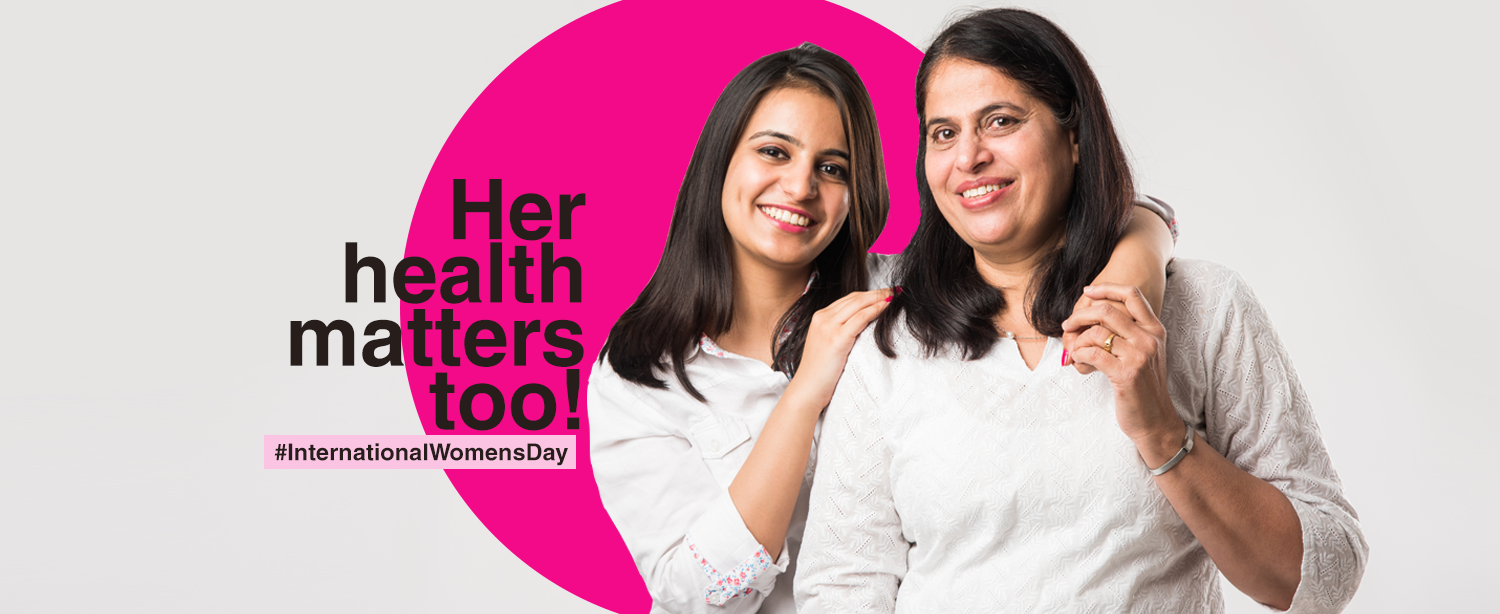In today’s fast-paced world, prioritizing women’s health is more important than ever.
From managing hectic schedules to balancing various responsibilities, women often neglect their own well-being. However, taking care of oneself is crucial for overall health and happiness.
In this article, we will delve into essential tips for women’s well-being, covering physical, mental, and emotional aspects.

Understanding the Importance of Women’s Health
Women’s health encompasses a wide range of factors, including reproductive health, mental wellness, and disease prevention.
As the primary caregivers in many households, women’s health directly impacts not only their own lives but also those of their families.
By prioritizing their health needs, women can better fulfill their roles and lead fulfilling lives.
Physical Well-being: Nurturing Your Body
- Regular Exercise for Strength and Stamina
- Incorporating regular physical activity into your routine is essential for maintaining a healthy weight, improving cardiovascular health, and boosting mood.
- Whether it’s brisk walking, yoga, or strength training, find an exercise regimen that suits your preferences and lifestyle.
- Nutritious Diet for Vitality
- Fueling your body with nutrient-rich foods is key to supporting overall health.
- Aim for a balanced diet consisting of fruits, vegetables, lean proteins, whole grains, and healthy fats. Stay hydrated by drinking plenty of water throughout the day.
- Routine Health Screenings and Check-ups
- Regular health screenings, such as mammograms, Pap smears, and cholesterol checks, are crucial for early detection of potential health issues.
- Schedule annual check-ups with your healthcare provider to monitor your overall health and discuss any concerns.

Mental and Emotional Wellness: Nurturing Your Mind
- Stress Management Techniques
- Practicing stress-reduction techniques, such as meditation, deep breathing exercises, and mindfulness, can help alleviate anxiety and promote mental well-being.
- Make time for activities that bring you joy and relaxation.
- Open Communication and Support
- Cultivate open and supportive relationships with friends, family members, or a therapist.
- Expressing emotions and seeking support during challenging times can help alleviate feelings of loneliness and isolation.
- Prioritizing Self-care
- Carve out time for self-care activities that rejuvenate your mind and spirit.
- Whether it’s indulging in a bubble bath, reading a book, or pursuing a hobby, prioritize activities that bring you happiness and fulfillment.
Disease Prevention: Taking Proactive Measures
- Regular Health Assessments
- Stay proactive about your health by staying informed about common health concerns for women, such as breast cancer, osteoporosis, and heart disease.
- Discuss preventive measures and screening options with your healthcare provider.
- Healthy Lifestyle Choices
- Avoiding tobacco use, limiting alcohol consumption, and practicing safe sex are all important factors in reducing the risk of developing chronic diseases and maintaining overall health.
- Educating Yourself
- Stay informed about women’s health issues by seeking reputable sources of information, attending workshops or seminars, and engaging in discussions with healthcare professionals.
- Knowledge empowers you to make informed decisions about your health.
Conclusion
In conclusion, women’s health matters greatly, and prioritizing it is essential for leading a fulfilling life.
By nurturing your physical, mental, and emotional well-being, you can enhance your quality of life and better fulfill your roles and responsibilities.
Remember to listen to your body, seek support when needed, and advocate for your own health needs.

FAQs (Frequently Asked Questions)
What are some common signs of women’s health issues?
Common signs include irregular menstrual cycles, persistent fatigue, mood swings, and unexplained weight changes. It’s important to consult a healthcare provider if you experience any unusual symptoms.
How often should women undergo health screenings?
The frequency of screenings may vary depending on age, family history, and individual health risks.
It’s best to discuss screening recommendations with a healthcare provider.
Are there specific dietary recommendations for women’s health?
A balanced diet rich in fruits, vegetables, whole grains, and lean proteins is beneficial for women’s health. Certain nutrients, such as calcium and iron, may require special attention depending on age and life stage.
What are some effective stress management techniques for women?
Effective stress management techniques include meditation, deep breathing exercises, journaling, and engaging in relaxing activities such as yoga or spending time in nature.
How can women advocate for their own health needs?
Women can advocate for their health by staying informed, asking questions during healthcare appointments, seeking second opinions when necessary, and actively participating in decision-making regarding their health care.

